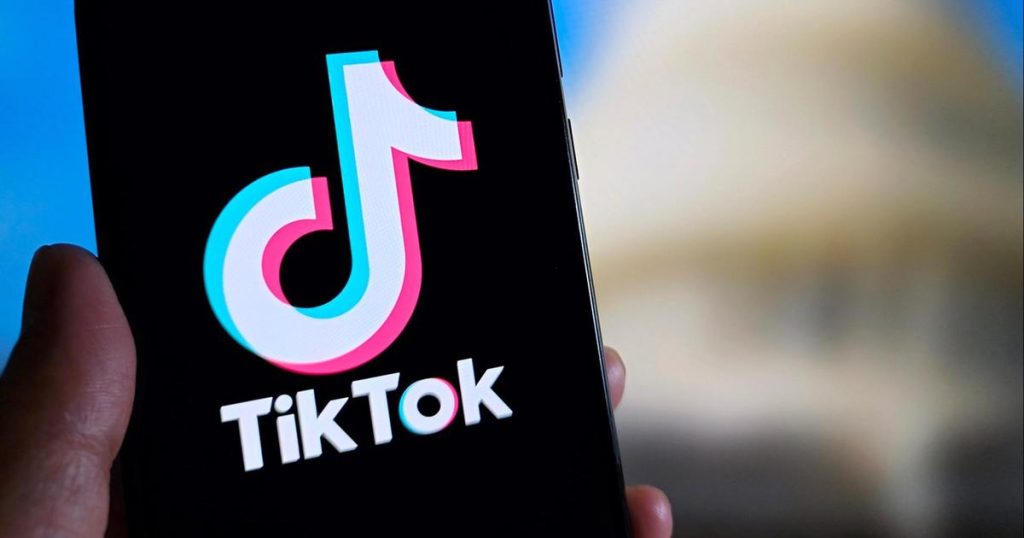The state of Nebraska has filed a lawsuit against social media giant TikTok and its parent company ByteDance, alleging that the platform targets minors with addictive design and is contributing to a youth mental health crisis. Attorney General Mike Hilgers stated that TikTok has shown no regard for the negative impact its algorithm is having on minors. The lawsuit claims that TikTok engages in deceptive and unfair trade practices by marketing itself as family-friendly and safe for young users, while not adhering to its own Community Guidelines that prohibit content that may put young people at risk.
Nebraska’s lawsuit alleges that TikTok does not monitor for harmful content as it claims and instead exposes minors to inappropriate content through its algorithm and addictive design. By creating fictitious minor accounts, the state found that these users were directed to graphic and harmful content within minutes of joining TikTok. The lawsuit specifically mentions videos that simulate sexual acts and encourage eating disorders, among other harmful behaviors. The platform’s “For You” feed is highlighted as a key source of this inappropriate content, showing users videos without them actively searching for similar content.
Despite the allegations made in the lawsuit, TikTok refutes the claims and asserts that it has implemented industry-leading safeguards to ensure the well-being of teen users. These safeguards include age-restricted features, parental controls, and time limits for users under 18. TikTok is also facing legal challenges from the U.S. government over legislation requiring the platform to sever ties with its Chinese-based owner within a year or face a ban in the U.S. TikTok argues that such a ban would violate the First Amendment rights of its users. Several TikTok users have also filed lawsuits against the federal government over the ban.
The lawsuit filed by Nebraska is part of a broader debate over the regulation and monitoring of social media platforms, particularly in relation to protecting minors from harmful content. More than 30 states and the federal government have banned TikTok on state- or government-issued devices, with conflicting rulings on the constitutionality of such bans. The lawsuit highlights the tension between free speech rights and the need to protect minors from content that may negatively impact their mental health. TikTok’s response to these allegations will likely shape the outcome of the legal battles it is facing in the U.S.


